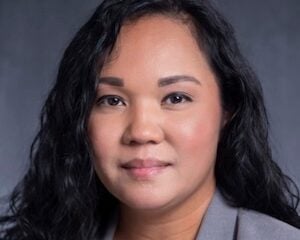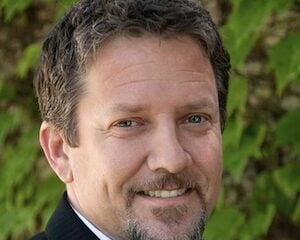Longtime WWOZ general manager transitions to new role
The WWOZ board of directors announced management changes April 6, including a role shift for longtime general manager David Freedman.
Freedman, who has been g.m. since 1992, will transition into the role of chief strategic officer. He remains with the community radio station but will “focus on strategic planning, assisting with fundraising, and community engagement,” according to the board’s announcement.

Cohen
The board tapped Arthur Cohen, who joined WWOZ management on an interim basis in January, to take “complete responsibility for the management of WWOZ, including all content, operational fundraising and budget management,” the announcement said.
The board appointed Cohen as chief operating officer but retained the general manager position previously held by Freedman. That job will remain “vacant for the time being,” according to Cohen, who said there is currently no timeline for filling the position.
“The bottom line is, it’s time to start thinking about the future,” Cohen said in an interview with Current.
In a statement, Freedman said “…it became clear to me, as long as four years ago, that we needed more day-to-day management to help keep up with the expansion of our services. At that time, I was called upon by the board to work on long-term issues that will be facing the station. Now, with Arthur Cohen on board, I am able to turn operations over to one of the most capable people I know—not only our over-the-air broadcasting, but also music, audio and video streaming, additional program channels, web and app platforms as well as social media. I can now prioritize my work in making sure that WWOZ has the brightest future possible in a media environment.”
WWOZ is a community radio station licensed to Friends of WWOZ, a nonprofit established in the late 1980s by the New Orleans Jazz and Heritage Foundation to manage operations of the station.
In local news coverage of a high-profile resignation at the station — longtime Program Director Dwayne Breashears, who will depart in May — WWOZ staffers have questioned management’s priorities. Last month, the Times Picayune reported that staffers fear the station is “losing touch with the gritty hyper-locality that gave WWOZ its cachet. Several instead described a tense work environment, which led to at least six of about 20 employees leaving the station since April.”
One of Cohen’s priorities is to “redouble localism” at WWOZ, but he said it’s too early in his tenure to discuss specific changes under consideration.
WWOZ’s web stream and mobile app draw supporters and listeners from outside of the city, Cohen said, but “the reason they’re listening is, we are local. They’re listening to be in New Orleans with us.”
And, despite having an international digital audience, it’s important for WWOZ to continue to be as locally focused as possible, Cohen said.
On an operational level, Cohen said he hopes to provide more training to volunteer DJs, upgrade the station’s equipment and fully incorporate cross-platform experiences into WWOZ’s offerings. In addition to its live broadcasts of local music performances, for example, the staff could also produce web video for those who want to watch it later, he said.
To prepare for Breashears’ departure, WWOZ has also promoted and reassigned staff to take on new roles: Scott Borne has been appointed director of audio content; Jorge Fuentes, operations director; and Carrie Booher, digital content editor. Damond Jacob, the station’s chief engineer, will also take on more responsibilities, Cohen said.
Breashears, who planned to leave in April, will stay on another month to produce WWOZ’s live coverage from the New Orleans Jazz and Heritage Festival.





